The Biden administration is considering new restrictions on exports of artificial intelligence chips to China amid growing concerns about the power of its rivals' technology, the Wall Street Journal reported.
The US Commerce Department may stop shipping chips made by Nvidia and other chipmakers to customers in China and other affected countries without first obtaining a license starting in July, according to the Wall Street Journal.
In September 2022, US officials asked Nvidia to stop exporting two leading artificial intelligence computing chips to China.
A few months later, the company said it would supply a new advanced chip called the A800 in China to comply with export control rules. But new restrictions being considered by the US Commerce Department would ban sales of the A800 chip without a special US export license.
New Battlefield
The latest US move is believed to be part of final rules in export controls announced by the US in October 2022 to further restrict China's ability to build AI capabilities.
Since former US President Donald Trump started a trade war with China, Washington has been trying to limit China's access to technologies it deems important.
The fight escalated in October 2022, when the US Commerce Department implemented a series of strict export controls on advanced semiconductors and chipmaking machinery. However, the US has yet to issue formal regulations to codify these rules.
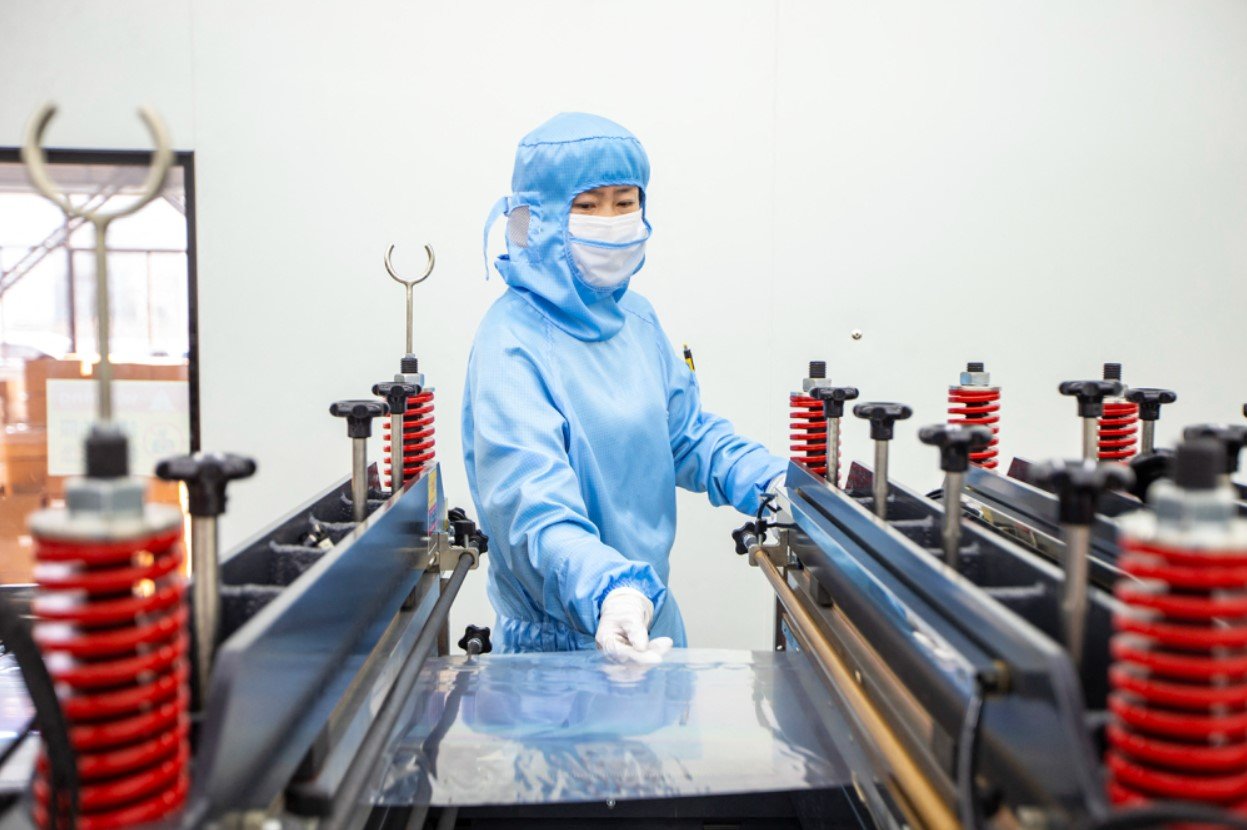
A worker makes semiconductor packaging materials at a factory in Hai’an, Jiangsu province, China. The US has been trying to cut China off from critical technologies like advanced semiconductors for years. Photo: Foreign Policy
The US administration has been gathering input from affected businesses and negotiating with the governments of allied countries such as the Netherlands and Japan (which are home to the world's leading chipmaking equipment manufacturers) to craft final rules and agree on a list of controlled items.
Meanwhile, the US is also looking to boost its own technology, including semiconductors, with funding like the $52 billion Science and Chips Act. But Washington’s attention is now likely to shift to generative AI.
Generative artificial intelligence (the key technology behind ChatGPT chatbot) could be the new battlefield in the battle for technological supremacy between the US and China, said Paul Triolo, head of technology policy at consulting firm Albright Stonebridge.
Although the two countries are seeking better relations after US Secretary of State Antony Blinken met with Chinese President Xi Jinping, analysts say tech tensions will continue.
This comes as the Biden administration identifies technologies that could benefit both China’s military modernization and the ability of Chinese companies to make breakthroughs in artificial intelligence, said Paul Triolo.
The distance is too great
Part of the current US restrictions are aimed at cutting China off from some key chips from Nvidia, the world's leading AI chipmaker, in order to hinder China's AI development.
Washington is also conducting a foreign investment review, which will set rules for US investments in foreign companies.
“The upcoming foreign investment review order will include restrictions on US investment in certain AI-related technologies, which will be a key indicator of the direction of US technology control in the final two years of the Biden administration,” said Triolo.
“Beijing views export controls and the US Science and Chips Act as a one-two punch designed to separate China’s semiconductor industry from the global semiconductor ecosystem,” said Triolo.
Beijing has accused the United States of violating international trade rules through its sanctions, and said restrictions on China's chip industry amounted to "bullying".
Washington insists its moves are in the national security interest and are targeting specific sensitive technologies.
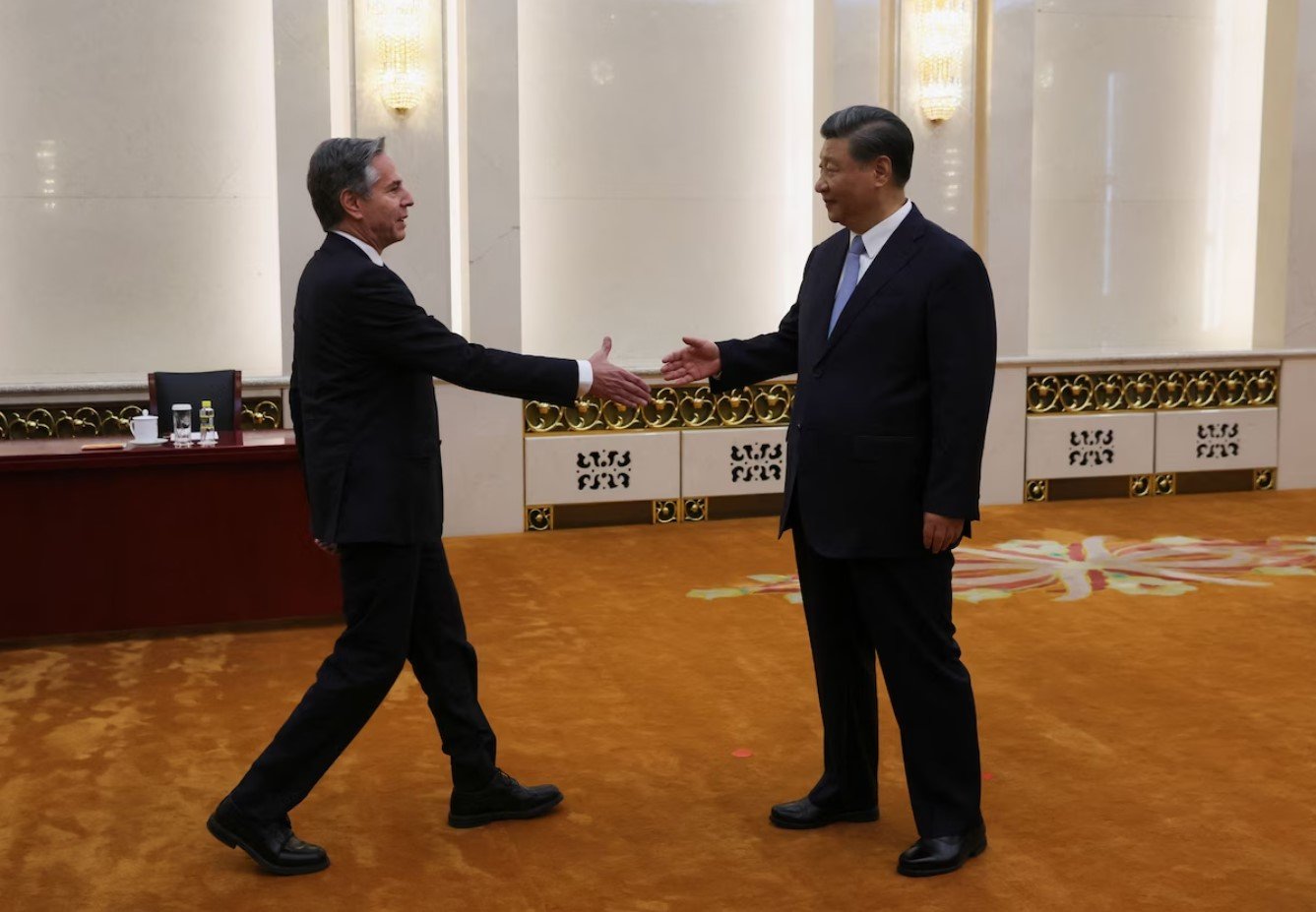
The US-China tech tensions will not be resolved after the meeting between US Secretary of State Antony Blinken and Chinese President Xi Jinping, according to analysts. Photo: Washington Post
China has not taken many retaliatory measures. However, in May, Chinese regulators banned operators of critical information infrastructure from buying chips from the US company Micron, saying the company’s products failed to pass cybersecurity assessments.
Technology hasn’t been mentioned much in public since Blinken’s recent meeting with President Xi Jinping, but it was certainly discussed. Blinken spoke about areas of US-China cooperation like the climate crisis and the economy, but cutting-edge technology is one area where the two countries still compete.
“It is not in our interest to provide technology to China because they can use that technology against us,” the US secretary of state said.
In areas like 5G and TikTok, both sides still believed that their differences could be bridged. Now, the gap between the US and China has widened so much that neither superpower is willing to narrow the gap .
Nguyen Tuyet (According to CNBC, Reuters, WSJ)
Source


![[Photo] Air Force actively practices for the April 30th celebration](https://vstatic.vietnam.vn/vietnam/resource/IMAGE/2025/4/15/16fdec3e42734691954b853c00a7ce01)
![[Photo] National Assembly Chairman Tran Thanh Man attends the summary of the organization of the Conference of the Executive Committee of the Francophone Parliamentary Union](https://vstatic.vietnam.vn/vietnam/resource/IMAGE/2025/4/15/fe022fef73d0431ab6cfc1570af598ac)
![[Photo] Ho Chi Minh City after 50 years of national reunification through buildings and symbols](https://vstatic.vietnam.vn/vietnam/resource/IMAGE/2025/4/15/a224d0b8e489457f889bdb1eee7fa7b4)
![[Photo] General Secretary To Lam meets with veteran revolutionary cadres, meritorious people, and exemplary policy families](https://vstatic.vietnam.vn/vietnam/resource/IMAGE/2025/4/15/7363ba75eb3c4a9e8241b65163176f63)
![[Photo] Welcoming ceremony for Prime Minister of the Federal Democratic Republic of Ethiopia Abiy Ahmed Ali and his wife](https://vstatic.vietnam.vn/vietnam/resource/IMAGE/2025/4/15/77c08dcbe52c42e2ac01c322fe86e78b)

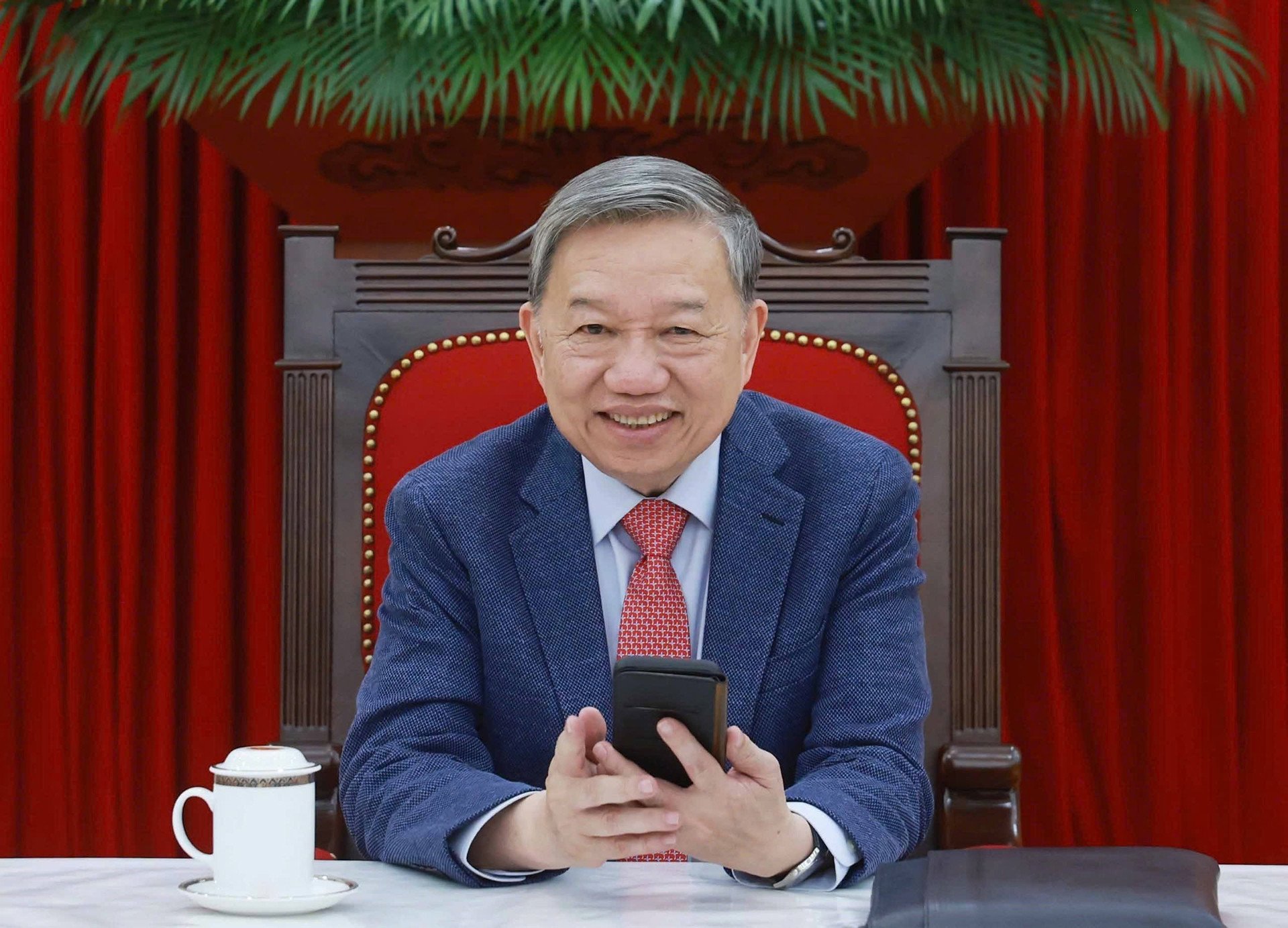



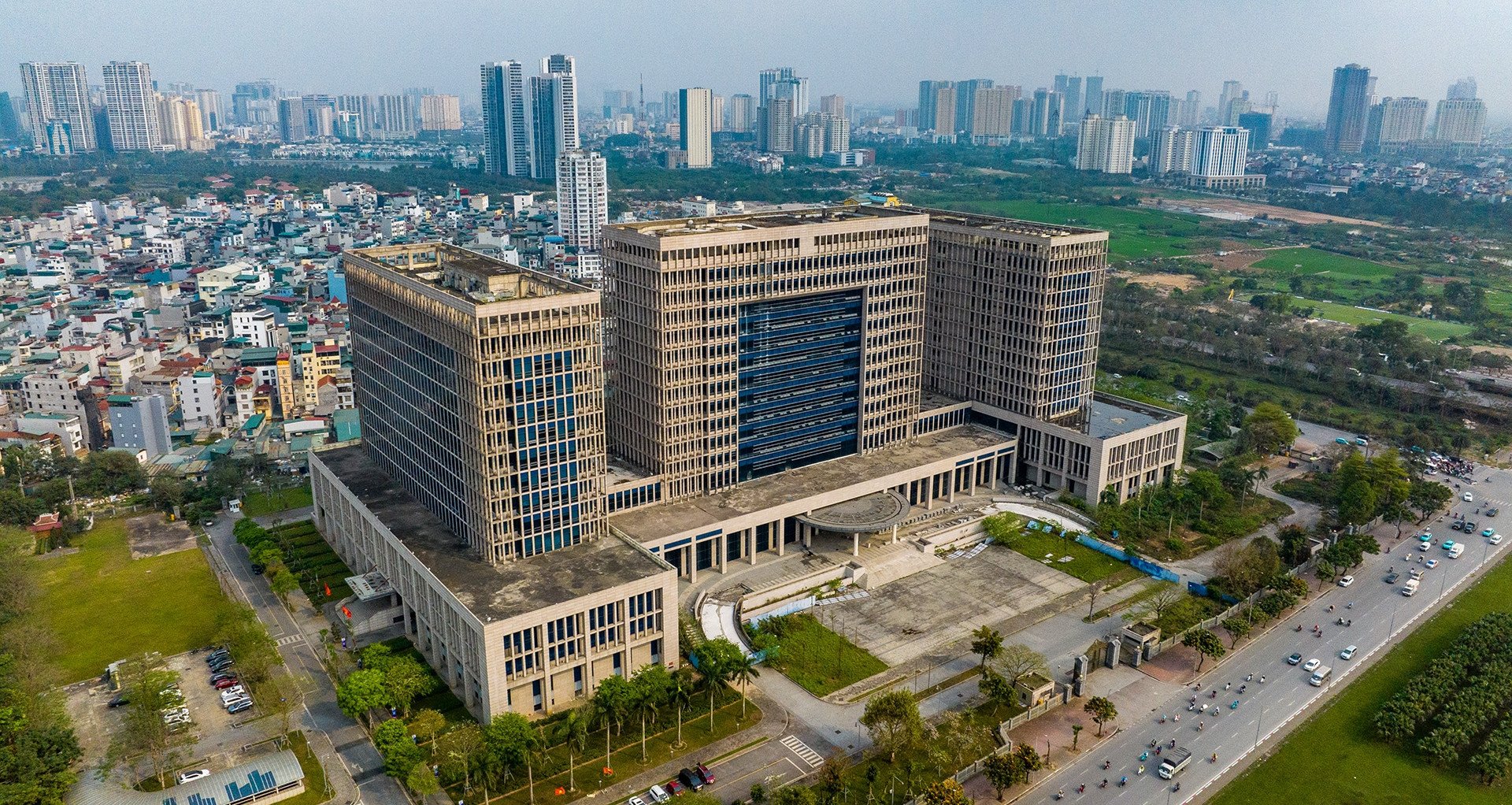


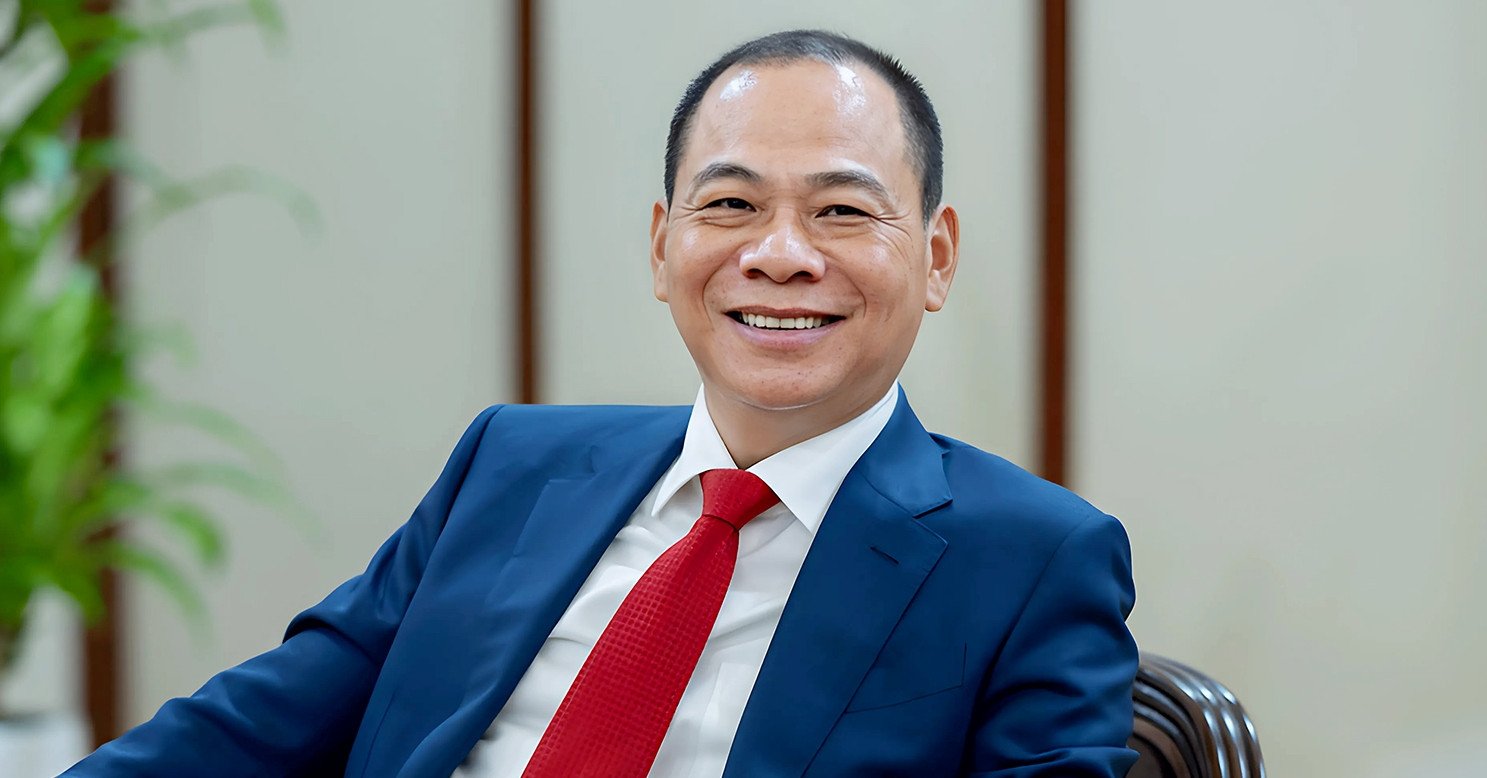


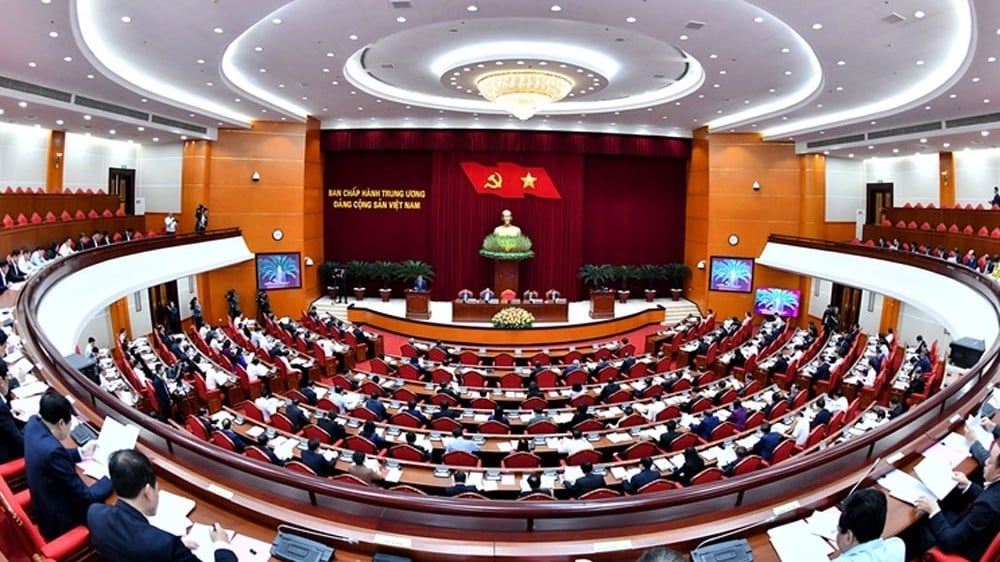
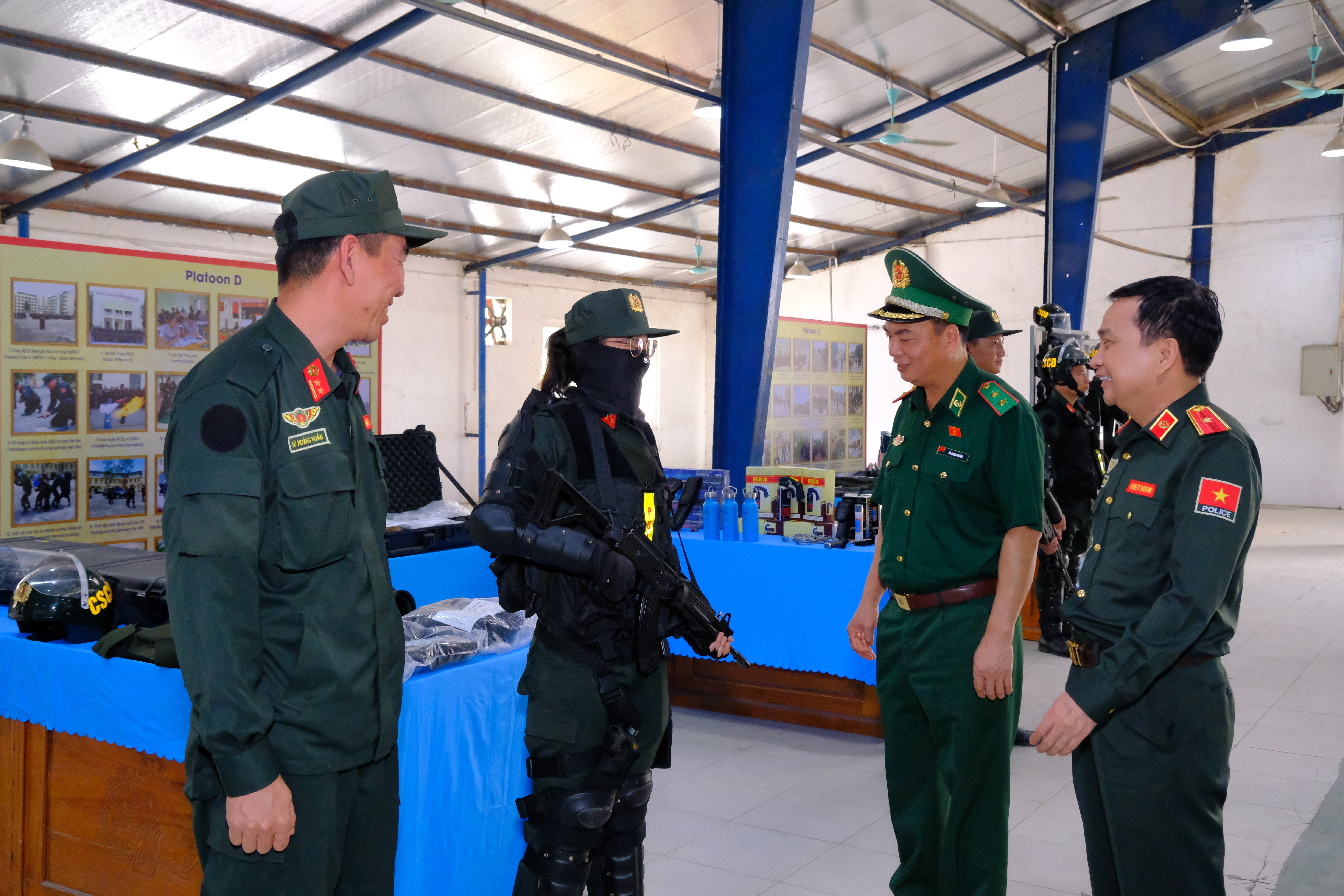
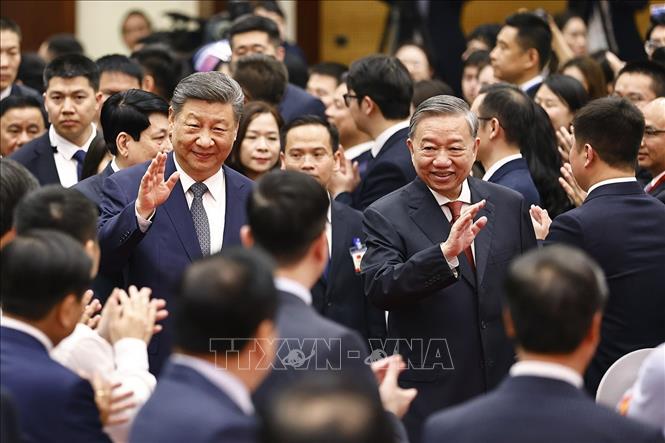
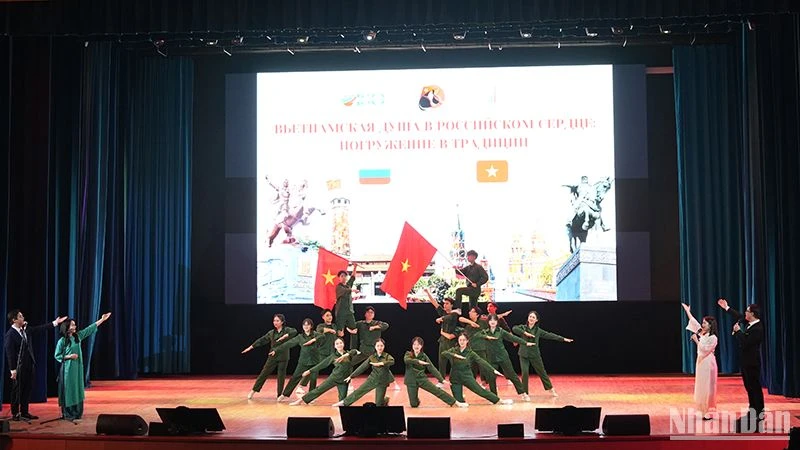
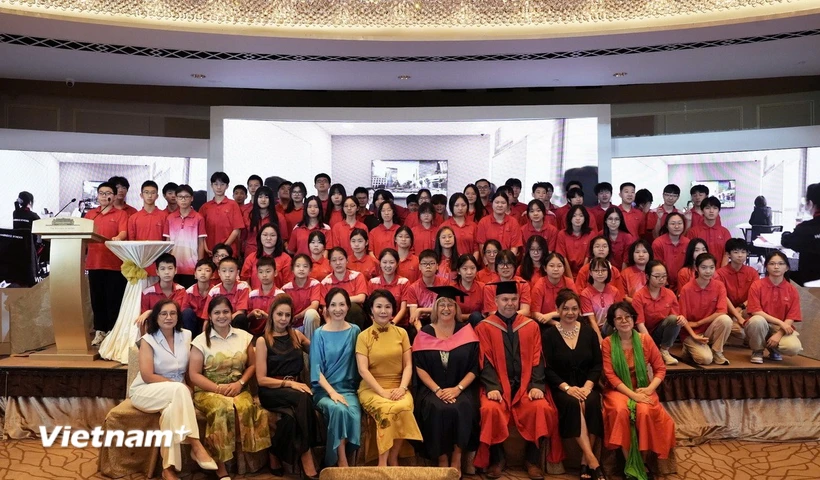










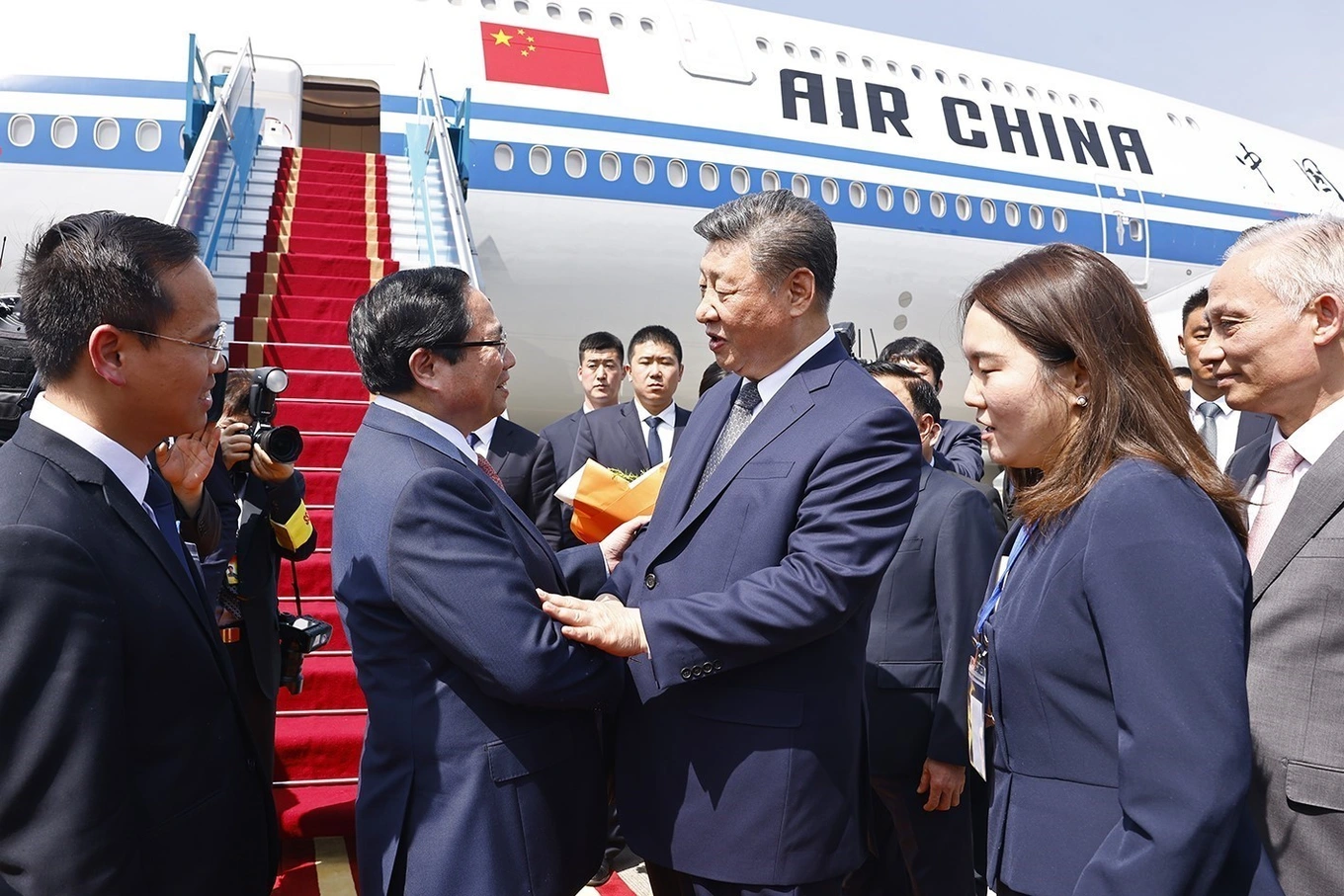






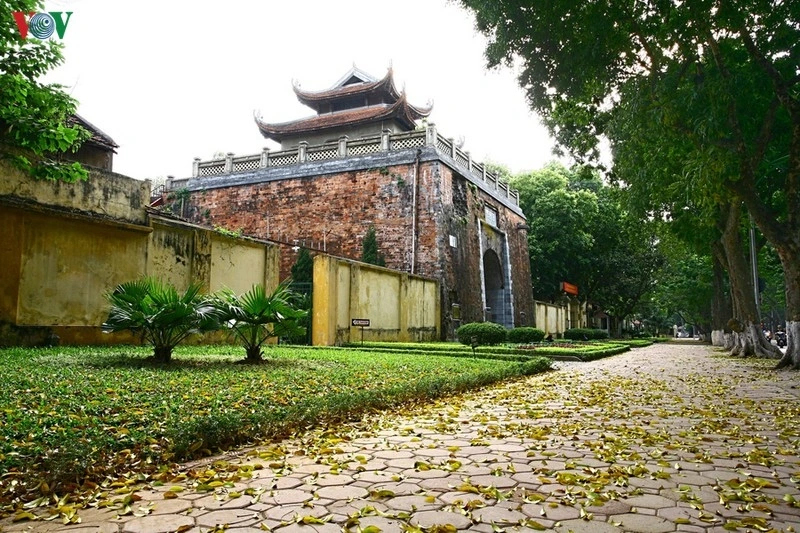


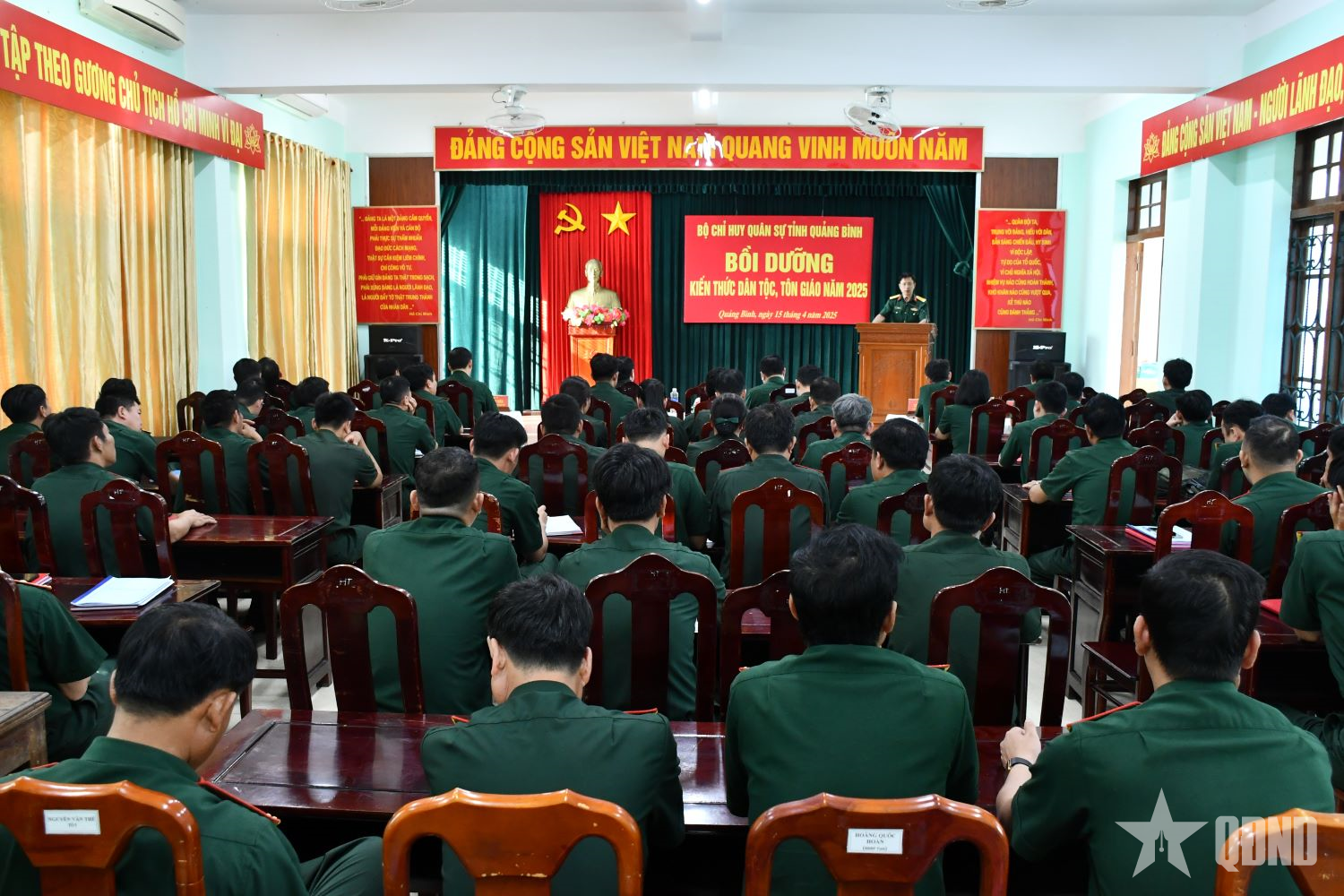












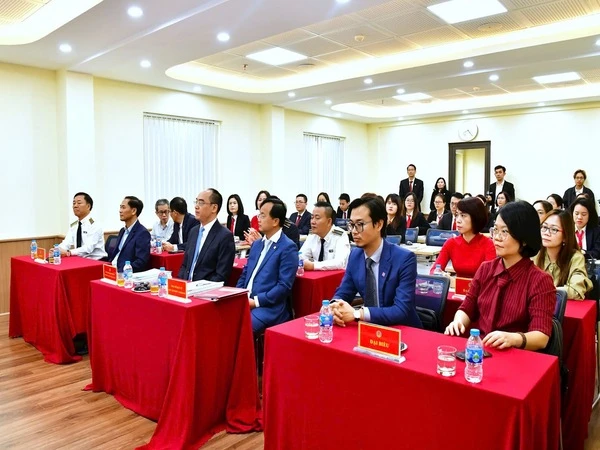



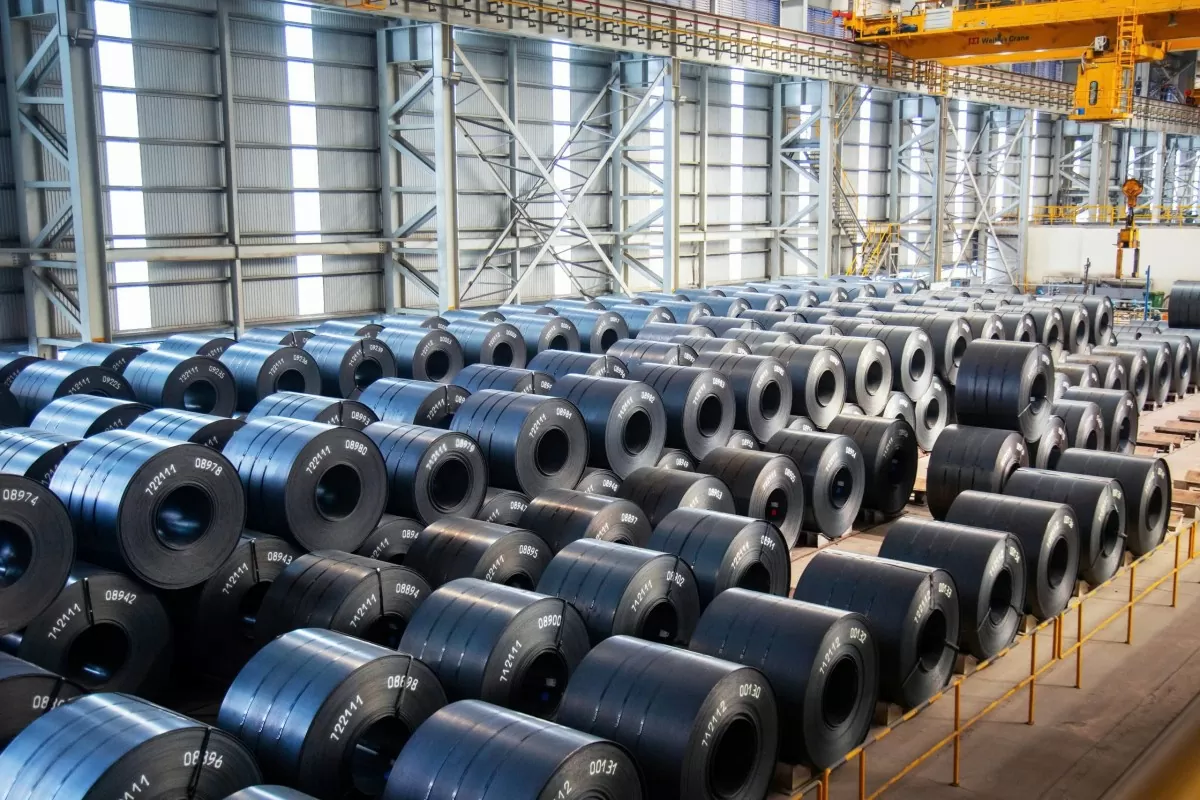






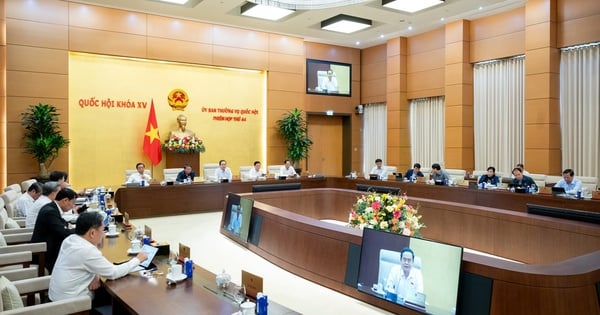




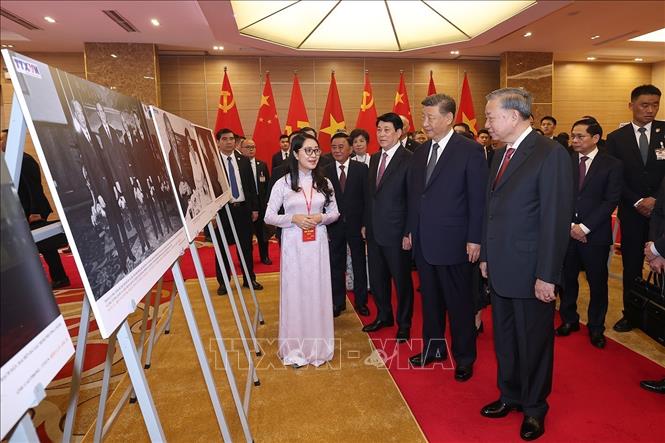

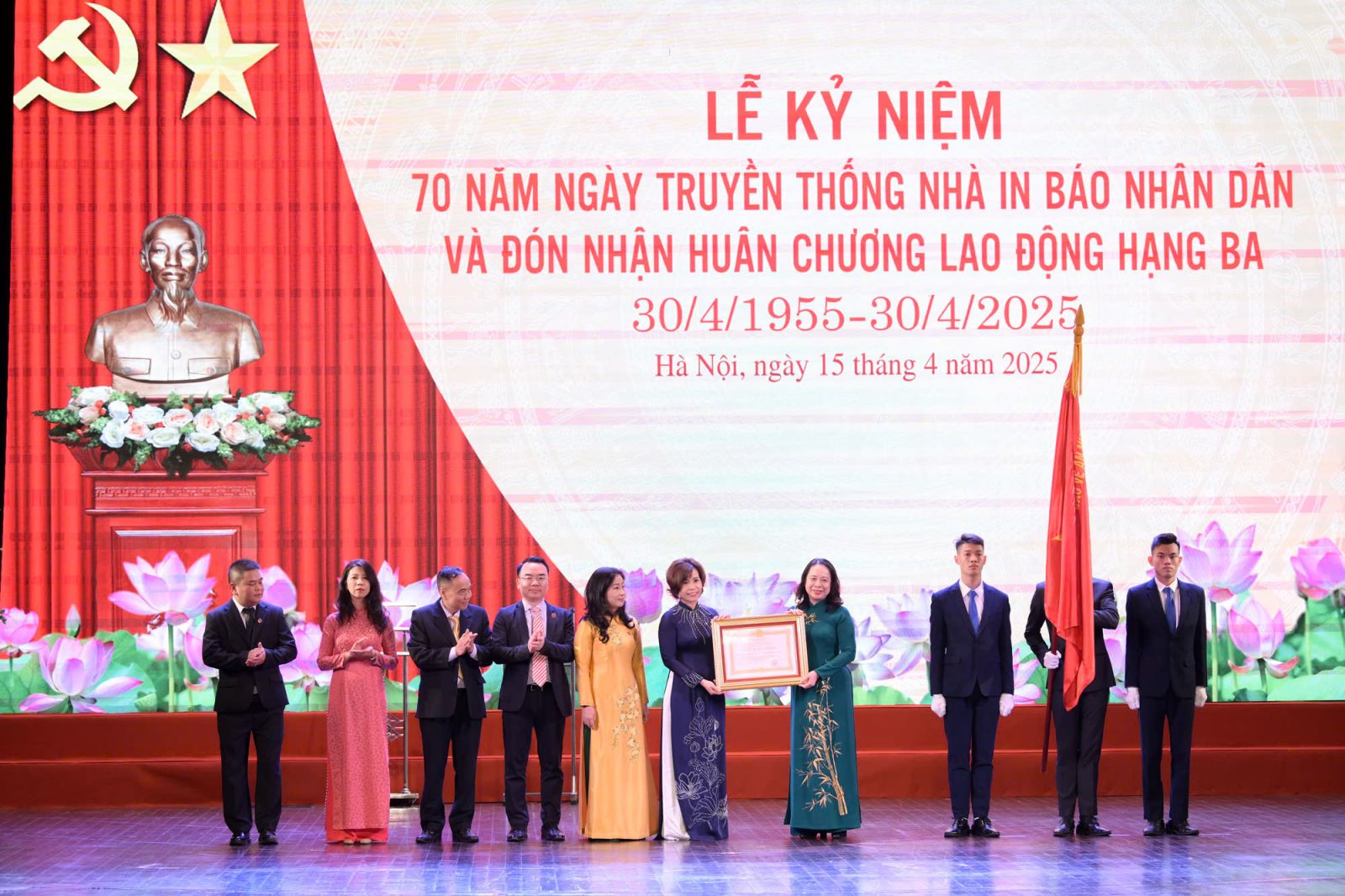

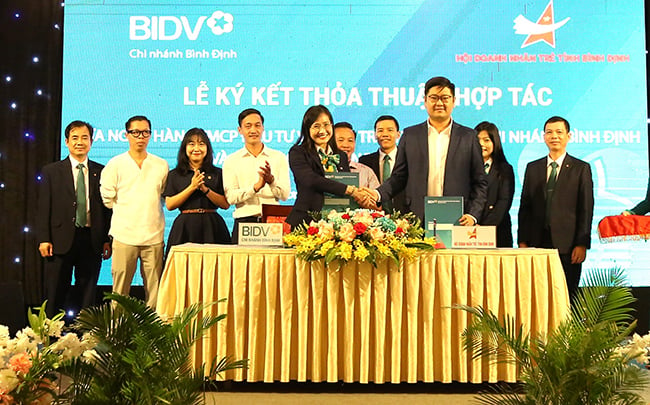




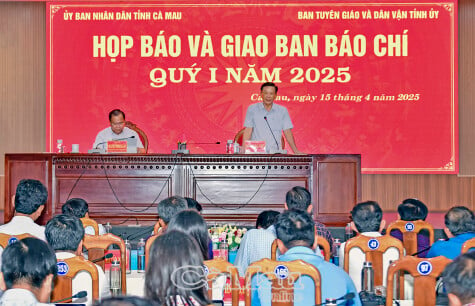
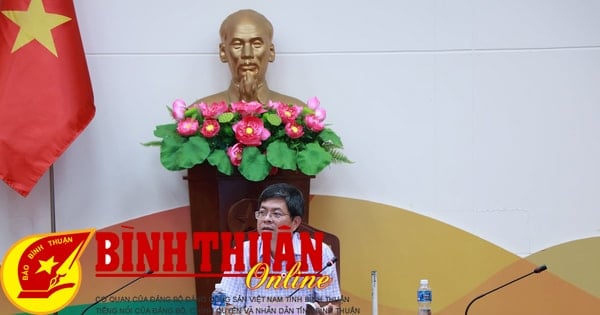

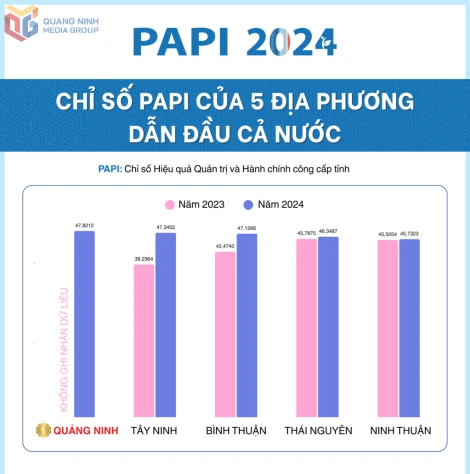


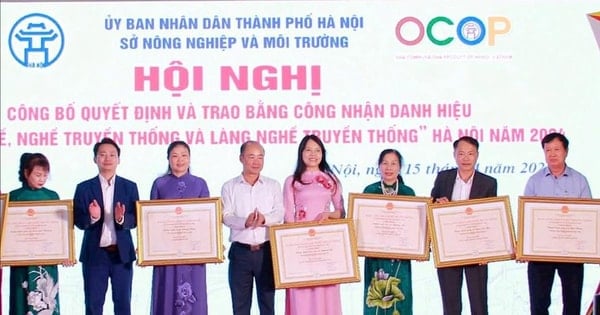







Comment (0)